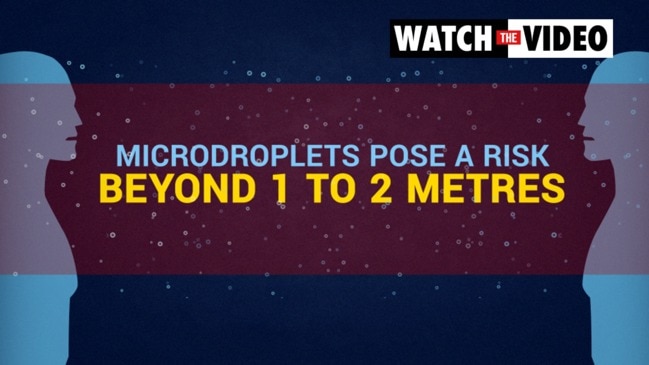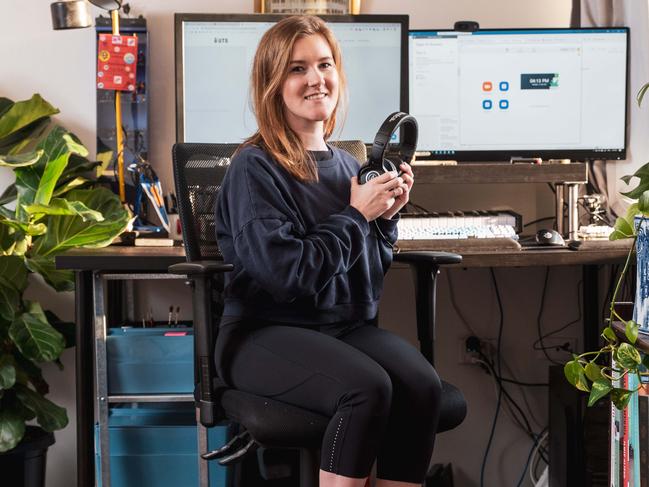Telehealth is the ‘Uber moment for GPs’
Pandemic restrictions and faster internet speeds have given us an easier and more time efficient way to see a GP, and that’s good news - especially among Millennials.

Hibernation
Don't miss out on the headlines from Hibernation. Followed categories will be added to My News.
Telehealth medicine is charging through a new frontier with recent advances in how we access healthcare likened to the “Uber moment for GPs”.
Within 15 minutes of booking a doctor’s appointment through an app, patients can have a qualified GP literally in the palm of their hand.
While telehealth – using videoconferencing technology to access a medical consultation – is no new concept, pandemic restrictions and faster internet speeds have driven rapid advancements and popularity, especially among Millennials, in the field.
As co-founder and managing director of virtual practice app Instant Consult, Bianca Brown said anyone could easily access a GP when physically seeing one was not possible.
“The app is designed to instantly connect patients with a GP through a video call, day and night (6am-midnight), seven days a week, 365 days a year, anywhere in Australia,” Ms Brown said.

“Once you have an account, you can log into that portal and request a consult. You will be connected with a qualified GP within 15 minutes.”
When the app launched in June 2018, Ms Brown said its GPs would conduct about 2500 consults a month with clients mostly aged 25-45 years old.
“Since COVID-19, it has opened the service up to a wider range from 20 to 65 years and we’re now doing about 10,500 (consults) a month,” she said.
At the height of pandemic restrictions, the Federal Government introduced Medicare rebates for telehealth consultations but recently moved to restrict bulk-billing services to GP providers with an existing and continued relationship with a patient, meaning patients using virtual practice services would be privately billed from July 20.
“As we are a completely virtual practice, we don’t see any patients in person. We feel it’s unfair and discriminatory,” Ms Brown said.
A Chemist Warehouse director and pharmacist, Mario Tascone (inset), said we were experiencing an “Uber moment” for the health profession, and saw the government’s move as disappointing.
“Because it’s really for emergency circumstances, now (patients) will have to pay full price (from $35 a consult) and some won’t be able to afford that,” he said.
Managing director of The Demographics Group, Bernard Salt, said the increase in telehealth popularity was part of what he calls an “intergenerational awakening”.
“There’s a number of social and behavioural things that have been affected by lockdown and the coronavirus,” he said.
“The best example was working from home. That is one experience where there has been an intergenerational awakening where a better way of life can be reimagined in a post-COVID world. It’s less stressful, kinder to our mental health and just as productive so why wouldn’t Millennials grab that and question why we would go back?
“GP telehealth is in the same family of change in the sense that previous arrangements meant that you would ring and make an appointment, drive to the practice, sit and wait – a process that would upset your entire day.”
Primary school teacher Amelia Cooper, 25, requires regular doctor and specialist appointments for treatment of a long-term voice injury and said lockdown forced her to access telehealth services.
“I’ve been having to see my doctor once a month and started doing weekly Skype or Zoom sessions with my speech pathologist.
“I found the telehealth session with my doctor for a referral a lot quicker. It helps that I have a good relationship with my doctor. Unless you physically need to be looked at, this option should always be offered.”

